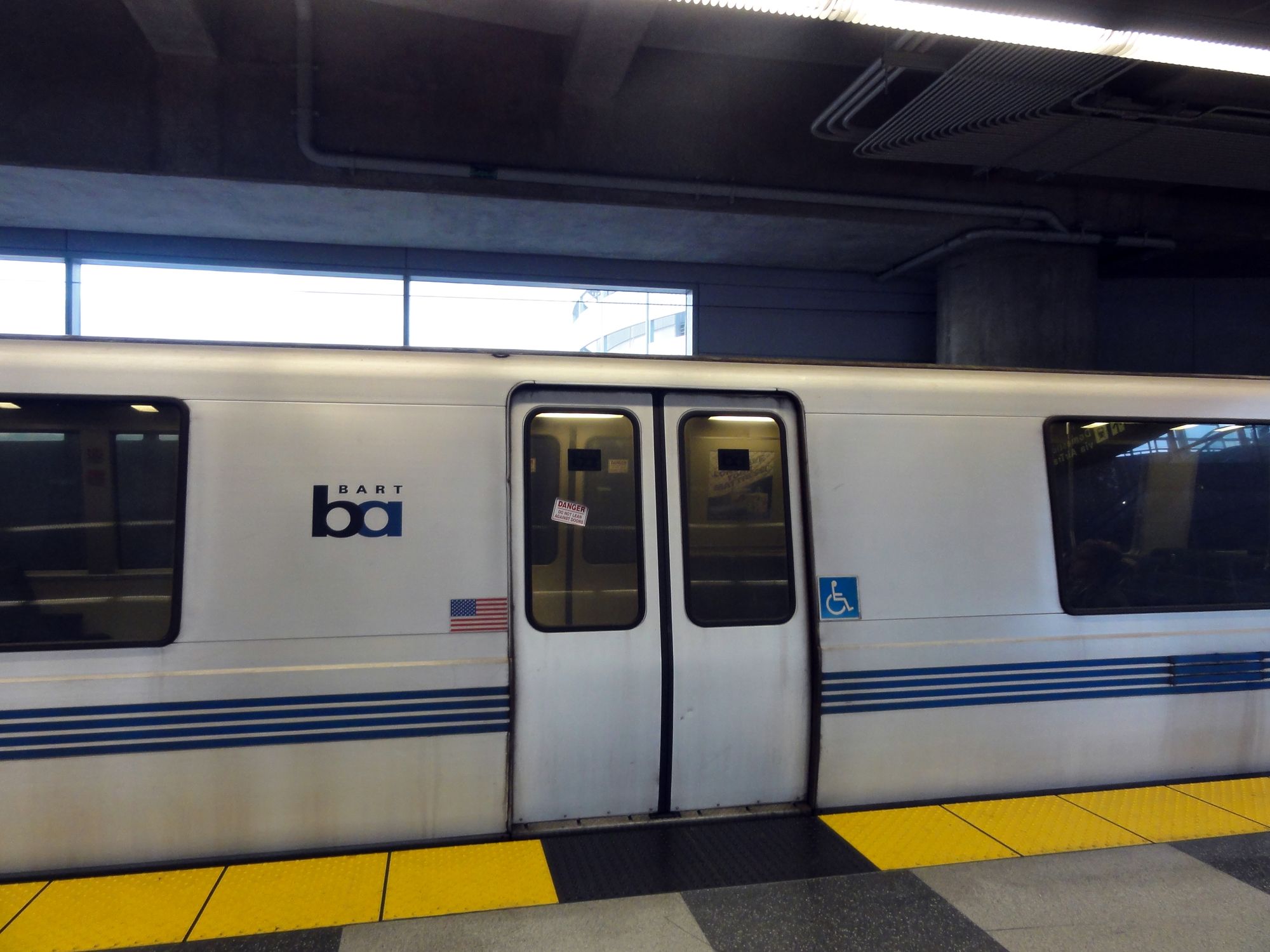 A new disability rights class action lawsuit accuses the San Francisco BART system of failing to make its stations accessible to disabled persons.
A new disability rights class action lawsuit accuses the San Francisco BART system of failing to make its stations accessible to disabled persons.
Plaintiffs Pi Ra and Ian Smith are bringing this disability discrimination class action lawsuit in conjunction with co-plaintiffs Senior and Disability Action and the Independent Living Resource Center of San Francisco. The two latter plaintiffs are advocacy organizations who represent the interests of elderly and disabled persons.
They accuse the San Francisco Bay Area Rapid Transit District, or BART, and its general manager Grace Crunican of failing to provide and maintain accommodations that make BART stations accessible to persons with mobility disabilities.
Although San Francisco BART stations are equipped with various design features intended to provide accessibility, the plaintiffs contend these features have been rendered effectively useless through neglect and a lack of maintenance.
In San Francisco BART stations, persons with disabilities that require mobility aids like wheelchairs or walkers regularly encounter “broken or soiled elevators, non-functioning escalators, broken accessible fare gates, and other barriers that bar them from access to the BART system,” according to this disability discrimination class action lawsuit.
While BART publicizes that all its stations feature accessible elevators, the District’s own data shows these elevators have suffered more than 2,500 outages since October 2015.
Even when these elevators are functioning, they are often unusable due to the presence of human waste inside them. Non-disabled passengers can avoid these elevators by taking the stairs, but those with mobility disabilities must either use the soiled elevators or make their way to another station, the plaintiffs claim.
Plaintiff Ra suffers from mobility impairments caused by diabetes. He has to use crutches, a bicycle, custom orthopedic shoes and a knee scooter to get around.
Ra says he has to avoid using the 16th Street Mission Station and the Powell Street Station, the latter being the station closest to his work, due to a lack of functioning elevators and escalators to take him to the concourse level. He says he has signed up for outage alerts but rarely receives them.
Plaintiff Smith is restricted to a motorized wheelchair. He says that when outages occur, he has to travel sometimes a mile out of his way to find an accessible BART station.
The San Francisco BART District is no stranger to litigation over these alleged violations, according to the plaintiffs. A settlement agreement from more than 20 years ago resulted in improvements, but the plaintiffs say BART has since allowed its stations to degrade to their unacceptable, pre-settlement conditions.
The plaintiffs propose to represent a Class consisting of all persons with mobility disabilities who have been denied the full access to San Francisco BART facilities due to the alleged violations described here.
Proposed Class Members would include disabled persons who have tried and failed to use the BART system, as well as others who were deterred from trying at all due to the accessibility problems at issue.
The plaintiffs are asking the court for a permanent injunction requiring the San Francisco BART District to remedy both the physical- and policy-based barriers that are making the BART system inaccessible to plaintiffs and the proposed Class. They are also asking for an award of attorneys’ fees and court costs.
The plaintiffs are represented by attorneys Rebecca S. Williford, Sean Betouliere and Michele Caiola of Disability Rights Advocates, and Jinny Kim and Rachael Langston of Legal Aid at Work.
The San Francisco BART Disability Discrimination Class Action Lawsuit is Senior and Disability Action, et al. v. San Francisco Bay Area Rapid Transit District, et al., Case No. 3:17-cv-01876, in the U.S. District Court for the Northern District of California.
ATTORNEY ADVERTISING
Top Class Actions is a Proud Member of the American Bar Association
LEGAL INFORMATION IS NOT LEGAL ADVICE
Top Class Actions Legal Statement
©2008 – 2026 Top Class Actions® LLC
Various Trademarks held by their respective owners
This website is not intended for viewing or usage by European Union citizens.















4 thoughts onSan Francisco BART Stations Deny Access to Disabled Persons, Class Action Says
add me
Check out transparent California , san Francisco Bart has janitors making over $200,000 a year, how could there stations be dirty.
They don’t even call it BART anymore do they? I thought the name was changed? Yeah, with the A.D.A. Laws you can’t even “ask a person” “how they qualify” for having an animal, car tag, etc. And if an employee of any building ask someone they could be immediately sued by the diabilited individual. Truthfully, all public transportation needs to be over hauled. Buses need to slow down, and they need enclosed shelters for all of them. Leaving equipment in a broken down state is just another way to not have to comply with A.D.A. Laws.
Looks like the BART operators need to get on it! Probably no intentional discrimination, though, just slacking off and cutting costs.